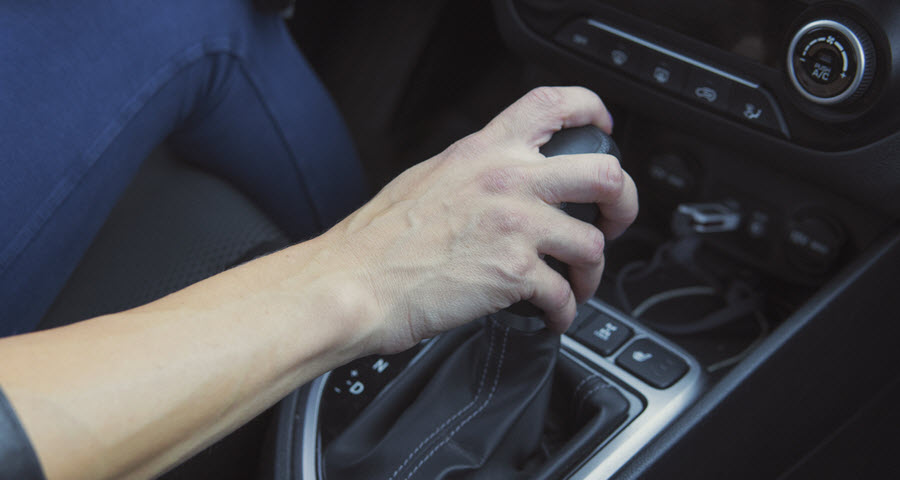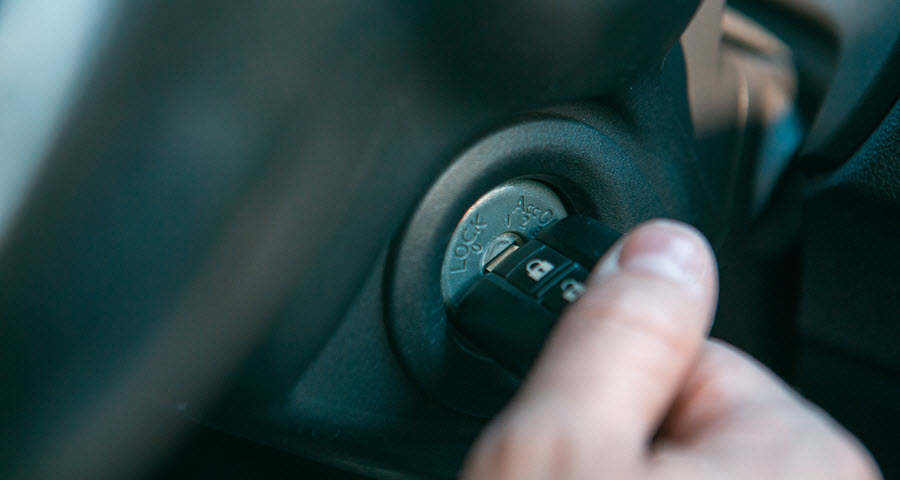
by Marc Norris | May 25, 2024 | Porsche Repair
Manual transmission Porsches are more engaging to drive than automatic ones. But it also means that you have to monitor specific components of your car like the clutch slave cylinder. This part is essential to the proper shifting of gears in your Porsche. However,...

by Marc Norris | Mar 18, 2024 | Porsche Repair
Is your Porsche giving you trouble with pressure accumulator issues? Relax – you are not the only one. Pressure accumulator failure is a frequent trouble many Porsche owners face, but being aware of the reasons behind it can help you to fix it and keep your desired...

by Marc Norris | Nov 20, 2023 | Porsche Repair
Is it possible for a Porsche’s transmission valve body to experience a ‘midlife crisis’? It might sound unusual, but this question opens the door to a fascinating aspect of automotive engineering that affects Porsche owners more than they might...

by Marc Norris | Nov 3, 2023 | Porsche Repair
When you own a Porsche, you know you’re driving a machine of precision and engineering excellence. These German marvels are known for their performance, luxury, and style. However, like any other car, Porsches are not immune to mechanical issues. One common...

by Marc Norris | Sep 13, 2023 | Porsche Repair
Dealing with ignition lock failure can be a frustrating experience, as it can leave you stranded and unable to start your Porsche. However, with the right knowledge and following some essential steps, you can effectively address ignition lock failure and restore the...

by Marc Norris | Jan 23, 2023 | Porsche Repair
If you drive a Porsche, you know that it’s a luxurious and high-performance vehicle, and with that comes the responsibility of making sure your Porsche is properly maintained. One important part of maintenance is to watch for fuel pump leaks. The engine is the...







 Rated 5 Stars on Google
Rated 5 Stars on Google 23710 Vanowen St, West Hills, CA 91307
23710 Vanowen St, West Hills, CA 91307 818-346-9363
818-346-9363